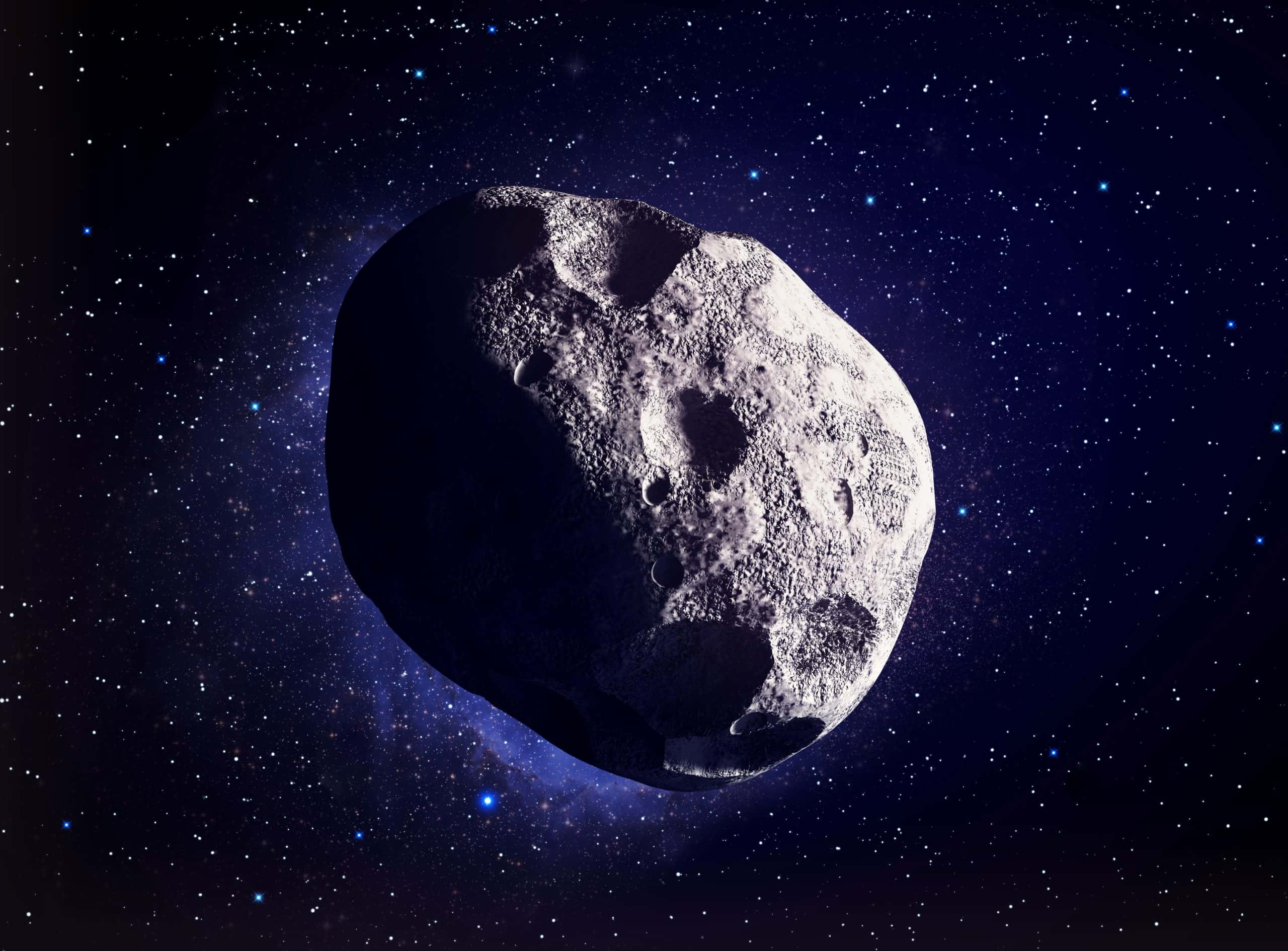Among this multitude, one asteroid, 33 Polyhymnia, has baffled scientists with its extraordinary density, surpassing even the heaviest known elements on the periodic table.

In the vast expanse of the solar system asteroid belt, home to more than a million objects, NASA has made strides in exploring these celestial neighbors, having previously visited Bennu and, shortly, Psyche
A groundbreaking study delves into the mysteries of 33 Polyhymnia and suggests the presence of superheavy elements around atomic number 164, an unseen phenomenon in nature. Situated within the solar system asteroid belt, 33 Polyhymnia, named after the Greek muse of sacred hymns, stands out as an enigmatic compact ultradense object, or CUDO, challenging our understanding of the solar system asteroid belt.
Initial measurements recorded a staggering density of 75.28 g/cm³, raising eyebrows among researchers. A team at the University of Arizona employed the Thomas-Fermi Model to explore the possibility of superheavy elements residing in 33 Polyhymnia, specifically around atomic number 164, a hypothetical “island of nuclear stability.” Their findings were recently published in The European Physical Journal Plus.
The notion of these superheavy elements, potentially many times denser than osmium, the heaviest stable element, introduces a captivating possibility
As NASA intensifies efforts to obtain samples from asteroids within our solar system, these outlier asteroids like 33 Polyhymnia might hold the key to unlocking the secrets of these theoretical elements. With each mission, NASA inches closer to deciphering the enigmatic composition of these ultradense objects, unveiling the hidden treasures of the solar system asteroid belt.




